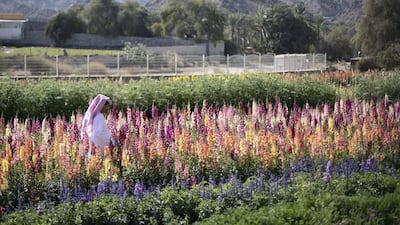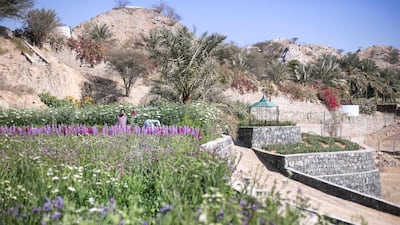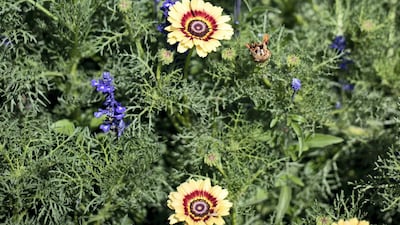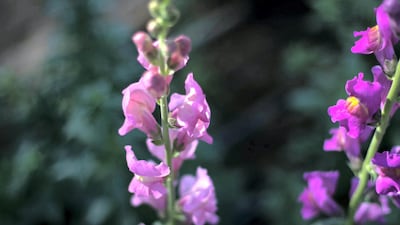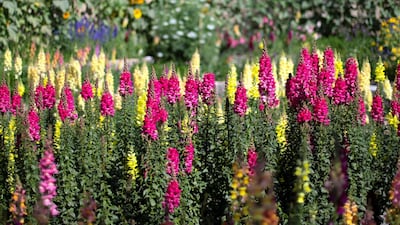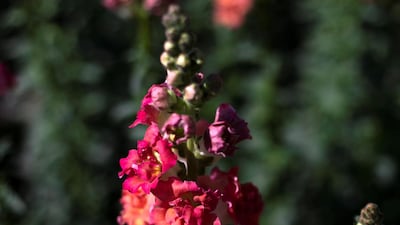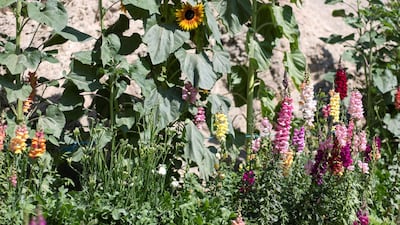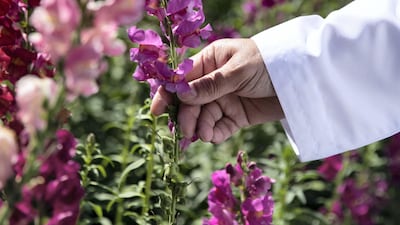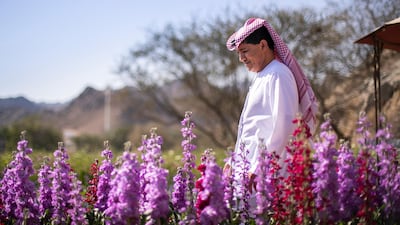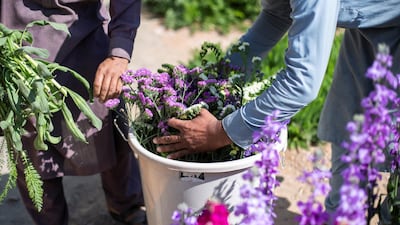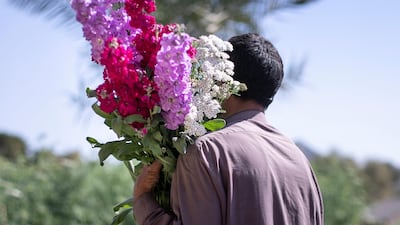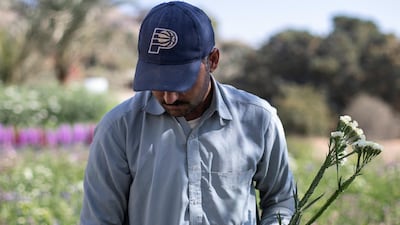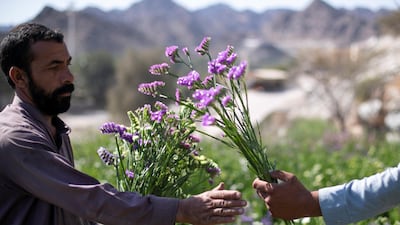A new food safety standards system will be introduced in the UAE in the next two months, under a Ministry of Climate Change and Environment initiative.
Minister of Climate Change and Environment Abdullah Al Nuaimi said the rules would ensure only top-rated food products that complied with the highest international standards could enter the country.
Mr Al Nuaimi on Monday told The National that food previously imported into the UAE fell into three categories – A, B and C – with A representing the highest quality.
“Now only food that falls into the A category will be allowed to enter the UAE,” he said.
His comments came as the country launched an initiative to encourage more young Emiratis to consider careers in agriculture.
Authorities are to build five centres where Emiratis can spend 16 months learning about the sector.
It is hoped hundreds of Emiratis will be trained up to become experts in agriculture within a few years.
The Covid-19 pandemic sharpened awareness of how crucial food security is to the UAE, which imports around 90 per cent of its food needs.
“Covid-19 is the reason [the project is being launched]," said Mr Al Nuaimi. "We had time during the pandemic to assess the threat that could be posed by another pandemic, or a disaster in another country, to our food supply.”
The first of five centres – known as "youth food security stations" – will be built in Abu Dhabi and more will follow.
Anyone interested would spend up to 18 months at a centre to learn about animal and crop agriculture, beekeeping and aquaculture. Further details about the plan and the new food standards are expected in the coming weeks
Coronavirus has focused the world's attention on food supplies.
Mariam Al Mheiri, the Minister of State for Food Security, said last year that the pandemic forced the UAE to assess its food supply chain after the country experienced some initial disruption.
Ms Al Mheiri said authorities acted quickly to ensure people had access to vital products, while the government's policy in supporting agri-tech companies to increase local food supply helped.
Over the past few years there has been a large increase in the number of UAE companies producing food, including farmed fish in Jebel Ali and leafy greens grown under LEDs in Abu Dhabi.
This project aims to further support these trends.
While the initial placing at one of the stations will last for 18 months, Mr Al Nuaimi said the plan was for Emirati youths to spend much longer than that in the industry.
“It’s not a year and a half – it’s a career for the youth. We are designing agriculture into the future and we want people taking part to establish their own stations and own businesses," said Mr Al Nuaimi. “This isn’t about planting food for the good times – it’s for emergencies,” he said.
“In a few years we hope to have 300 people who would have taken part and will be experts in agriculture. That would be a huge help to future sustainability.”
Ms Al Mheiri also backed the initiative.
“As a source of hope for a better future, youth empowerment and capacity building is a key element of advancing the UAE’s vital priorities, including food security,” she said.
“To this end, the youth food security stations will engage Emirati youth and harness their power to create innovative food projects.”
















